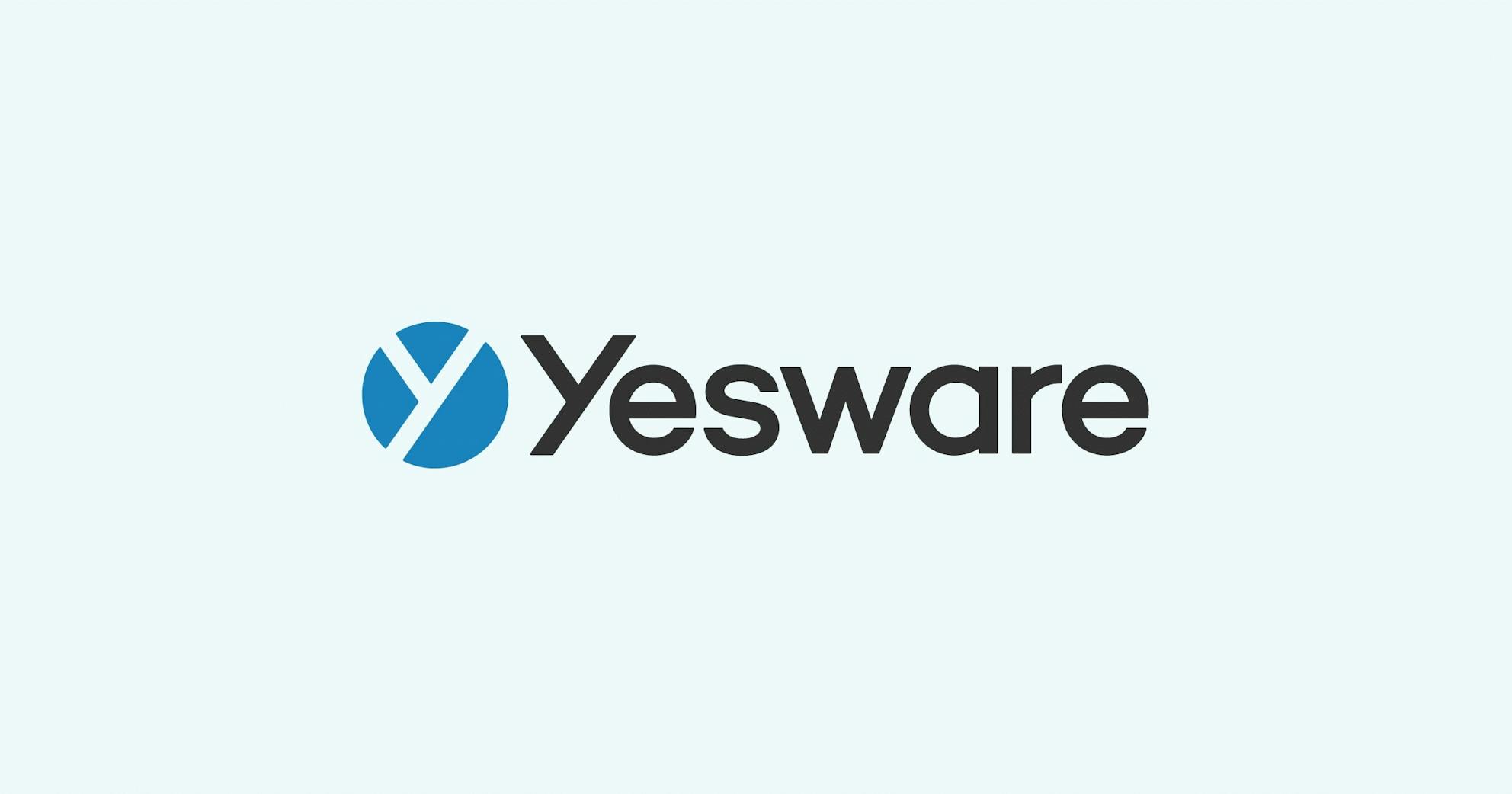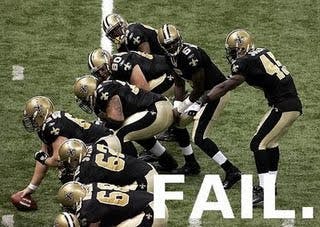No, Writing a Business Plan is Not a Waste of Time
Matthew Bellows
While living in the Customer Development/Lean Startup blogosphere for the past four months, I’ve gotten some amazing advice for starting a company.
One major meme that I disagree with, however, is the discounted value of writing a business plan. Ash suggests filling out an online form instead. Randy Komisar says that fixed business plans have no value in a startup. David Cancel says “Business Plans are always wrong…”
So, despite the fact that a business plan is a prerequisite for Eric Reis’ and Steve Blank’s Advanced Entrepreneurship class at Stanford, many Lean mentors keep telling aspiring entrepreneurs that writing a business plan is a waste of time. Gentlemen, you are mistaken.
This week, I’ve spent about 20 hours writing the first draft of the Yesware business plan. This was absolutely time well spent. Why? Let me count the ways:
1. Clarifies the Big Vision
Setting out on the startup voyage without a big vision is sub-optimal. It can work – our previous startup didn’t have a huge scope – it was successful because we executed. But there were many times when I would search for real meaning in our activities and I would come up empty.
Building a karma-neutral business isn’t that great a use of our precious time on earth. Writing a business plan encourages the entrepreneur to think about the big problem your company will try to solve, and your approach to solving it. And Max Levchin is right – we should aim higher.
2. Sets a Common Understanding
The first draft of the plan is never the last one, and it’s never the one you send around to investors. First, your co-founders and trusted advisors have to clearly express a shared vision. Yes, that vision will change. That’s good. Yes, you can spend too much time finding just the right words to express that shared vision. Don’t do this.
But once you have a shared understanding, declaratively stated, you have a firm foundation on which to build. Without a common understanding of the big goal, even a team spending 100 hours a week together can go off in different directions.
3. Polishes the Sales Pitch
The business plan is a short (<10 pages) sales pitch to investors. It contains many of the same arguments that you’ll make to your initial customers, because they are making an investment of time and resources in you. (In fact, your champions in your first customers may want to read your business plan.)
It benefits your sales process to write down all your arguments and weed out the weak ones.
4. Iterate on Revenue and Costs
All the arguments in a business plan are expressed numerically in the projected cash flow statement at the end. Going through the process of considering these assumptions, testing them as much as possible at your company’s stage, and then building a spreadsheet out of them, is a hugely valuable exercise.
It forces you to look at the business holistically. It forces the founding team to not only agree to a shared vision, but a set of shared expectations about costs, budgets and growth. There’s no easy way to talk about how much each of you think you should be paid, for example. Building a spreadsheet forces that discussion.
5. Gut Check – Are we sure we want to do this?
Business plans always have a section where the writers list the companies in their space, disparage them, and talk about how their company is going to be so much better. But developing the competitors section should be a major gut check for the founding team.
Do we really want to go up against these people? Yes, we can criticize their products, but can we really make something that will beat them? If no, how should we adjust?
In the first days of Yesware, soured by my experience of CRM systems, I thought we should build our own version of CRM right into the product. That would mean competing with all the CRM vendors in addition to Outlook and all the other email options that professionals use. Writing that down in the business plan just seemed insane, so we found a way to work with CRM vendors instead of competing with them.
Notice, please, that the main reason that people usually give for writing a business plan is not on the list. I don’t know if we will raise money for Yesware. Some people are interested, but we’re spending almost all our time on building a great product.
Whether we do or not, we’ve already gotten value from the process. As long as you don’t spend too much time writing the plan, and as you get out and test your plan’s assumptions, it’s a tremendously valuable process for any startup.
So how do you write a business plan that creates value instead of destroying it? I’ll cover that in a future post.
Get sales tips and strategies delivered straight to your inbox.
Yesware will help you generate more sales right from your inbox. Try our Outlook add-on or Gmail Chrome extension for free, forever!
Related Articles
Casey O'Connor
Casey O'Connor
Casey O'Connor
Sales, deal management, and communication tips for your inbox


